
You know I love Japan and Japanese fiction but these short stories often didn‘t work for me.
It took me a long time to read them all and although some stories and authors are super good mostly I am glad I finally finished it.

You know I love Japan and Japanese fiction but these short stories often didn‘t work for me.
It took me a long time to read them all and although some stories and authors are super good mostly I am glad I finally finished it.
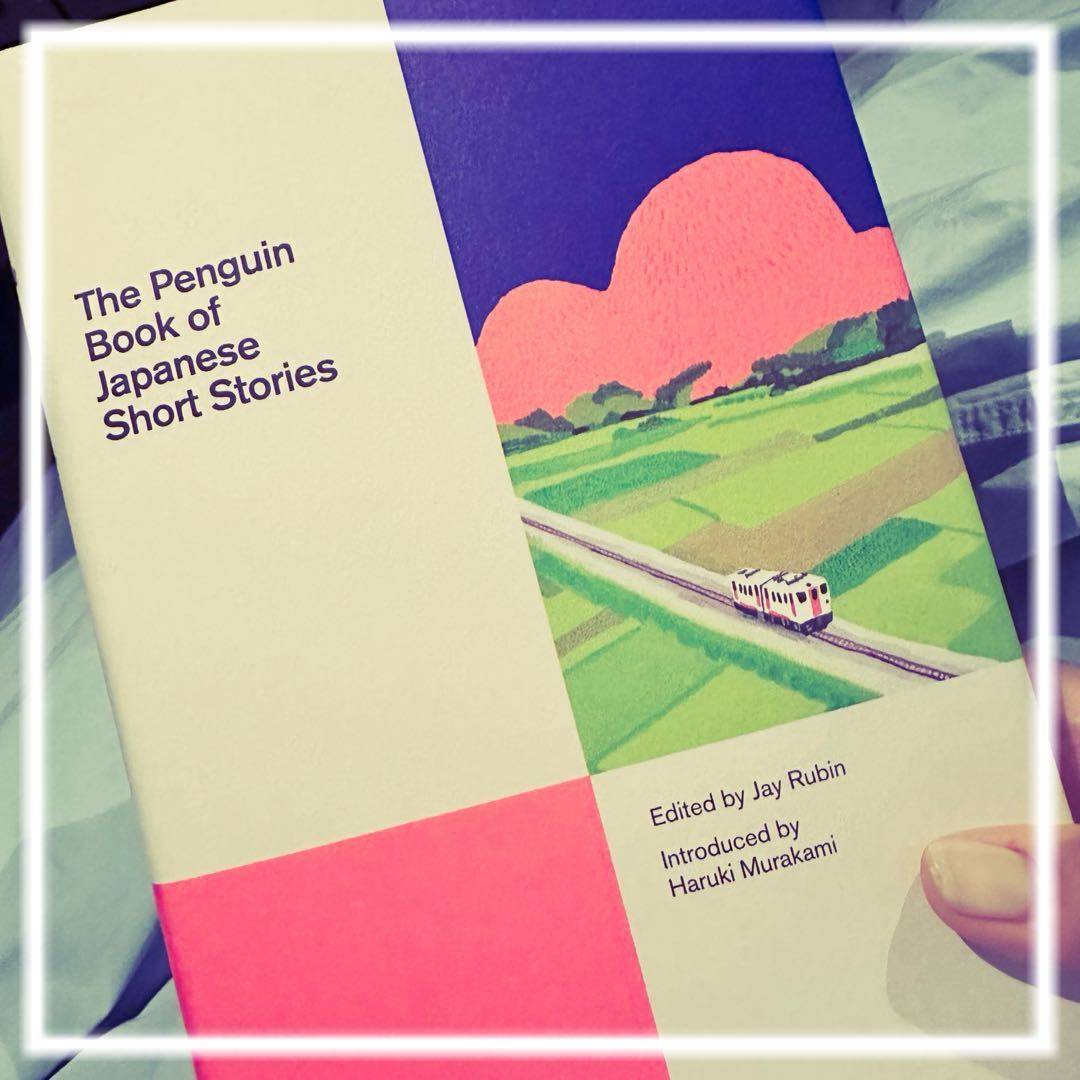
I am still so much into Japan and all things Japanese (even trying to learn the language on Duolingo!), that I treated myself to this collection of short stories. It‘s a chunkster and it will probably take me forever but I am very excited about it. I will read a story after each book I finish. That‘s the plan!
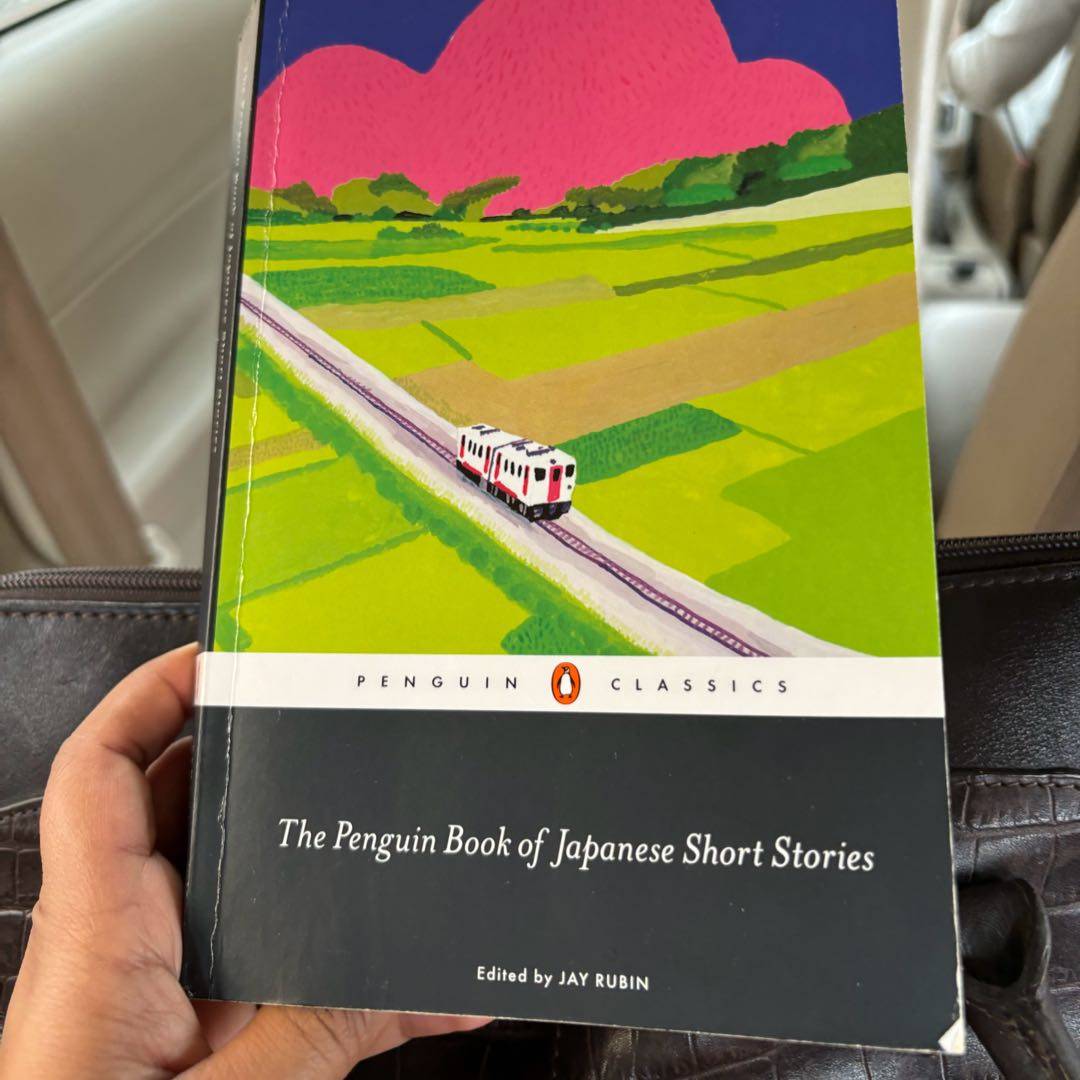
A fantastic collection of Japanese short stories from across the past few decades across genders and themes. The book is divided into 7 themes under which stories are categorised. There are about 34 stories in total and not a single one is dull or similar to any other. Japanese writers are filled with wit and ingenuity and this book clearly depicts the range of talent to emerge from the country. Loved this book so much.
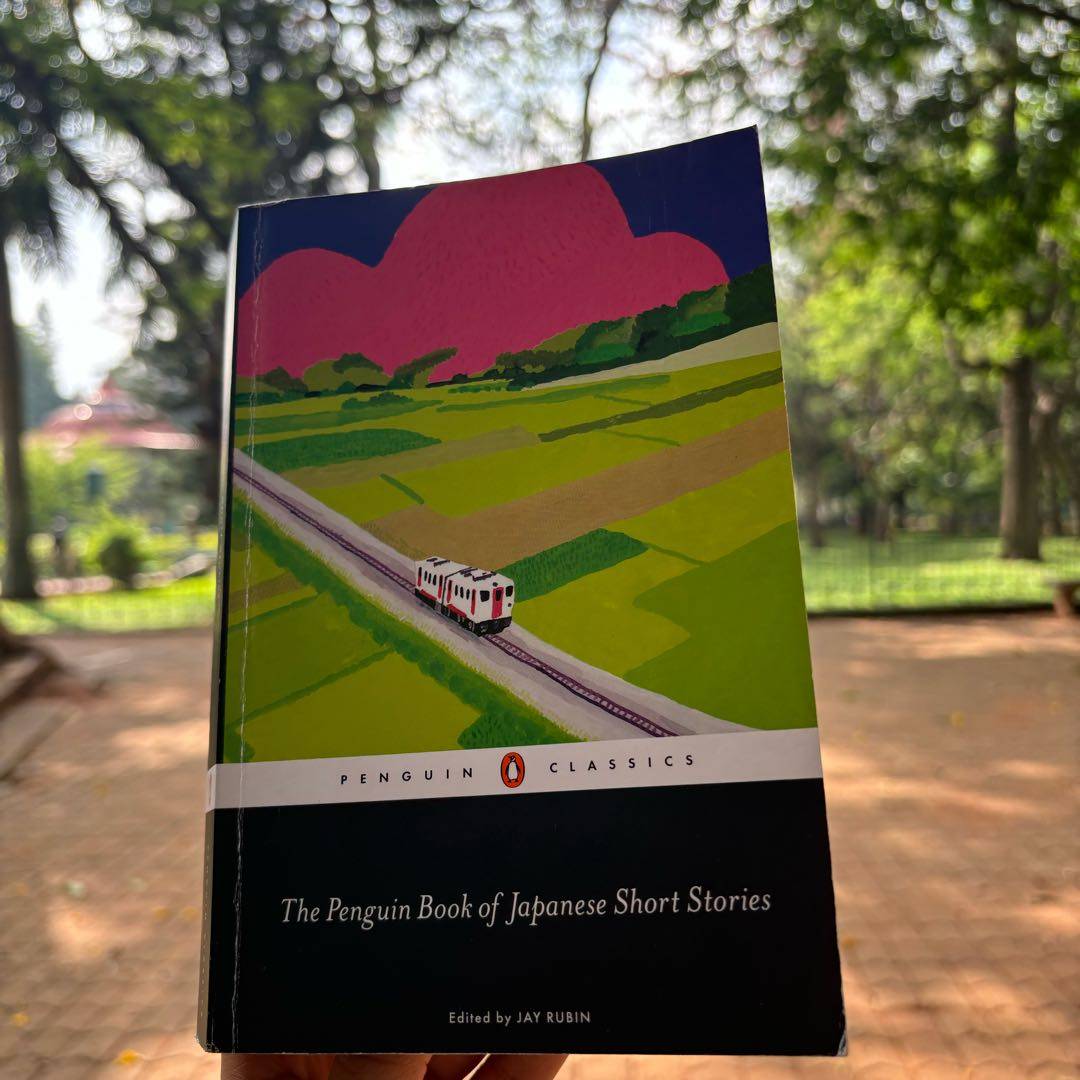
Also, can we just dwell on how much FUN this book is to both look at & read? Thoroughly enjoying immersing myself in Japanese culture through the lens of no less than 30 different iconic Japanese authors! #japaneseliterature #japanwriting #readtheworld
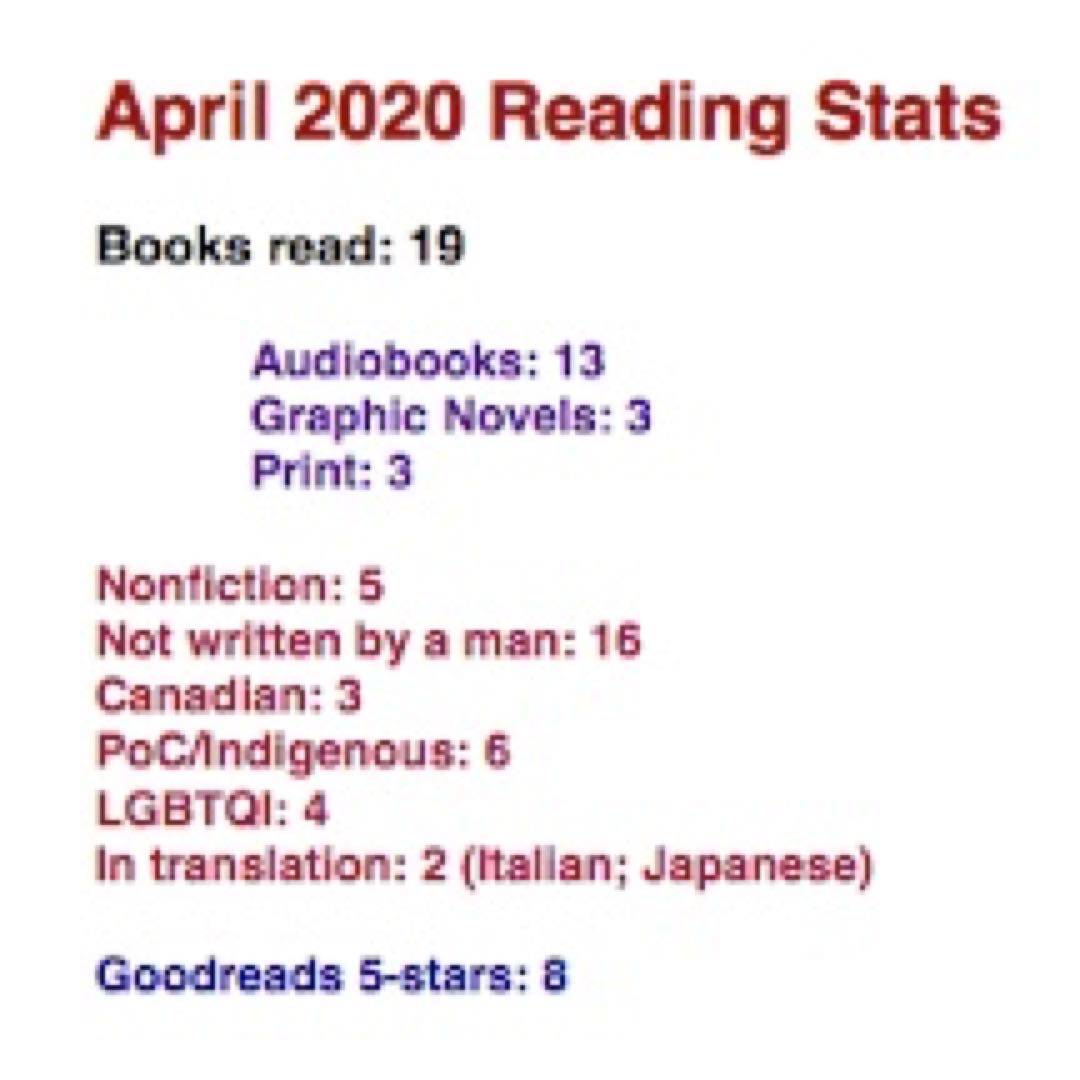
April stats: heavy on the audiobooks. Highlights are on my blog: https://lindypratch.blogspot.com/2020/04/april-2020-reading-round-up.html?m=1
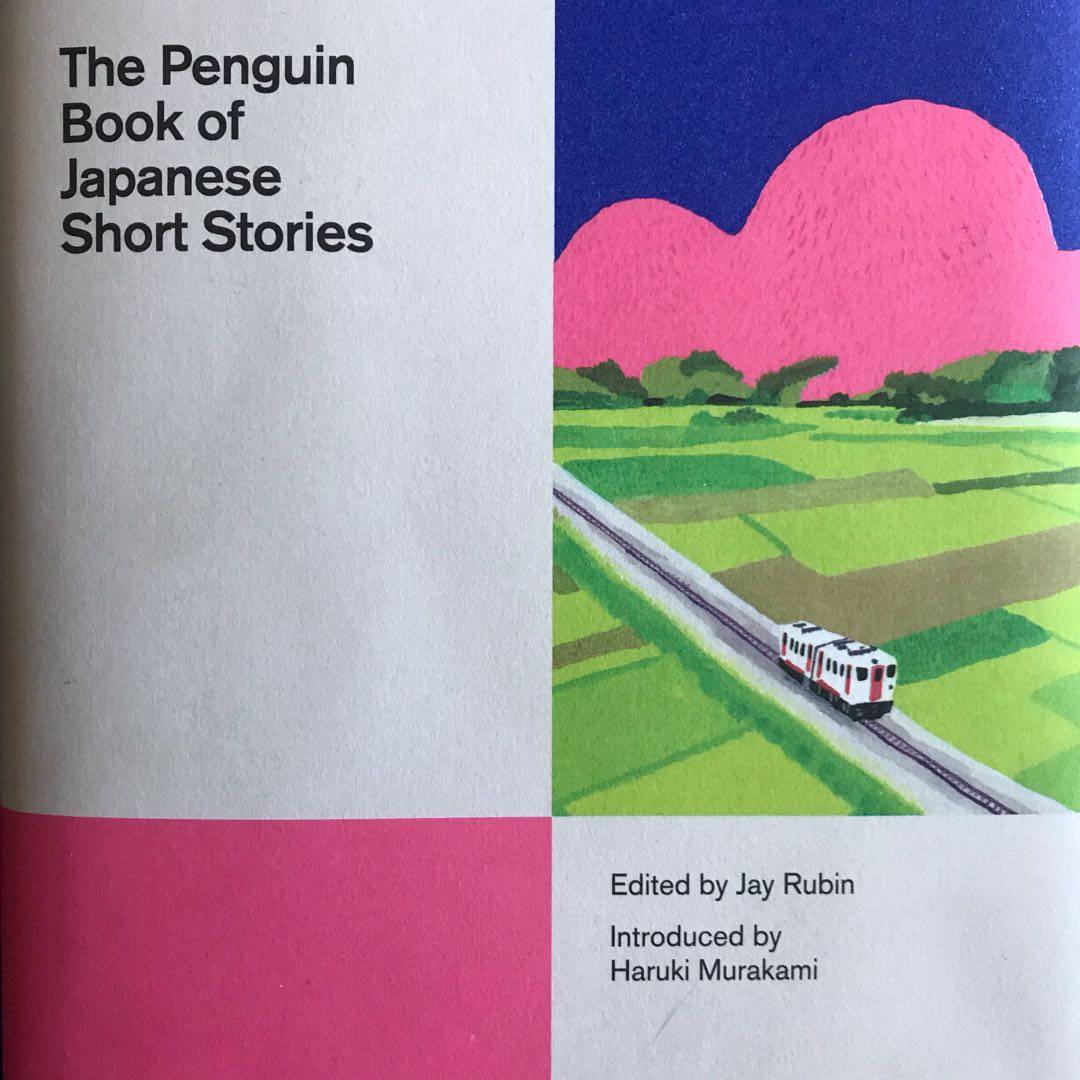
I started reading a short story a day from this collection on Dec 1, 2019, then got derailed—first by a concussion, then by coronavirus anxiety. I finished it today with a feeling of triumph. And I loved the book! Extending the reading time probably contributed to my enjoyment because I had time to savour each one. The 34 stories, translated by various people, vary widely in content, style & original publication date. A lovely assortment.
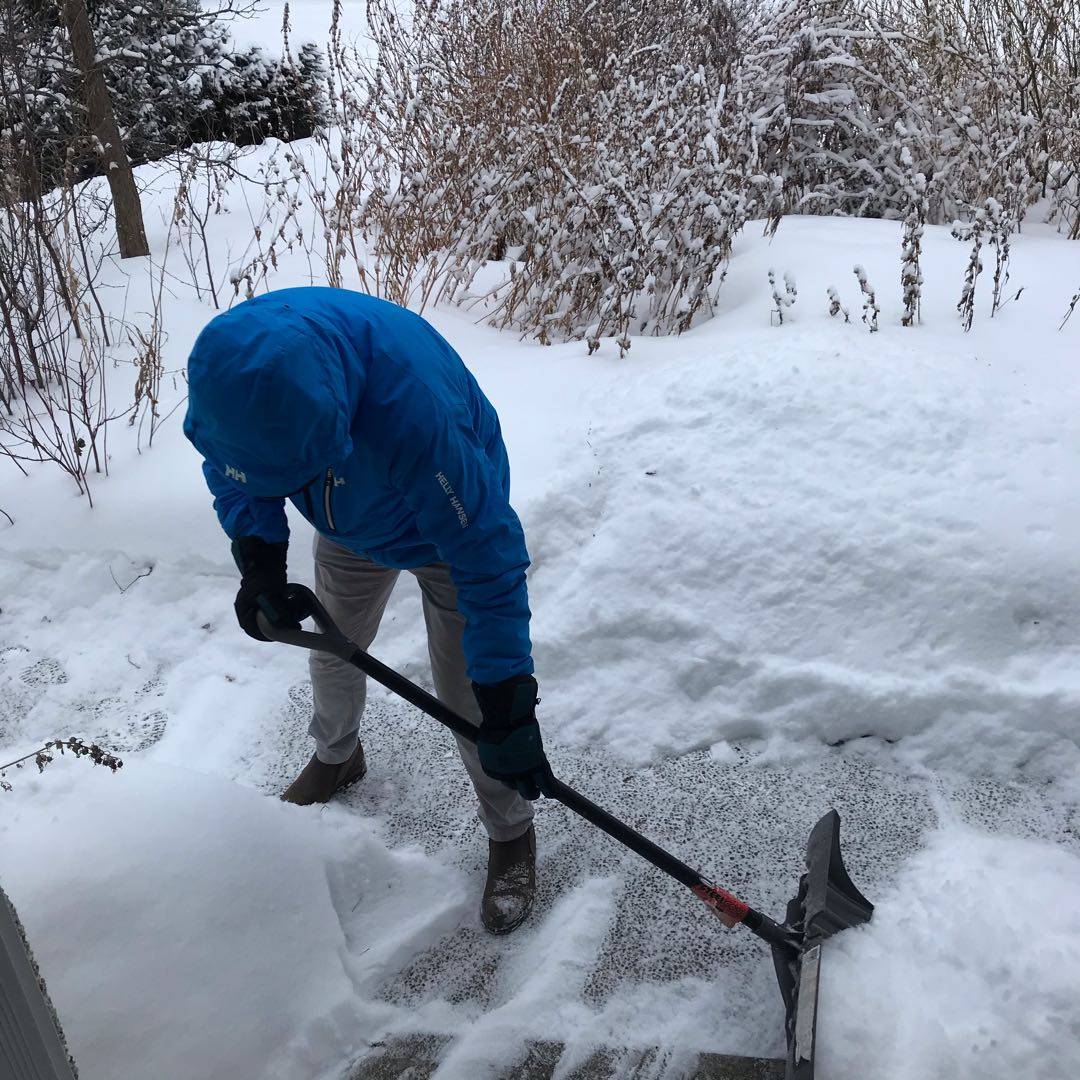
The 6th of August marked the start of the 9-day streak of blistering heat. Just after 1 in the afternoon, Tokyo registered 40 degrees Celsius. It was the highest temperature on record, and the heat kept rising, reaching 42.7 two hours later. The humidity never dropped below 80% and the sky, though cloudless, was thick with a pale mist. -Tomoyuki Hoshino, transl by Brian Bergstrom
(This story should warm me up on a -12C morning.)
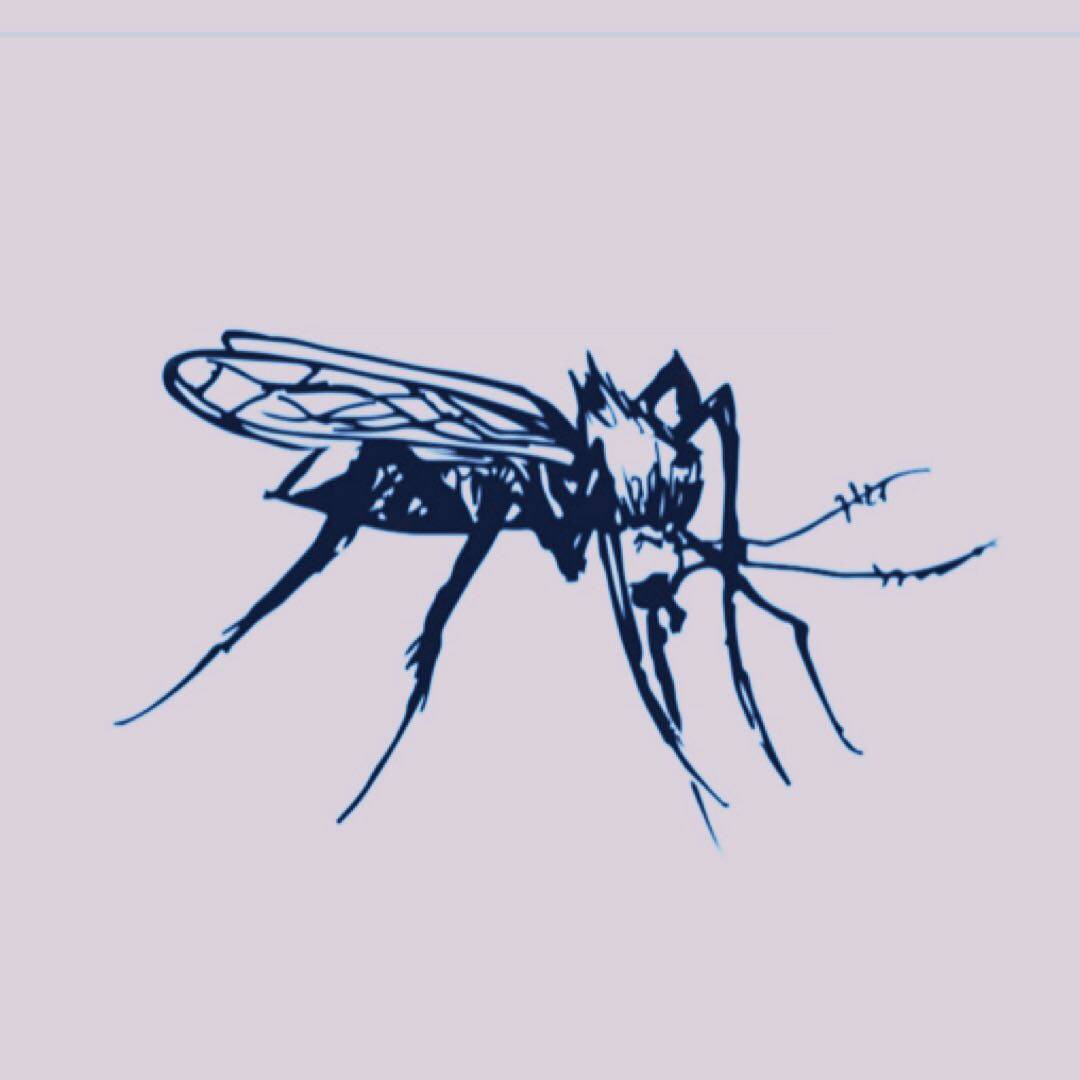
I heard the low whine of a mosquito by my ear. I‘ll brush them off if they‘re buzzing near my cheek, but I can‘t bring myself to swat them or kill them with coils. Every living thing on this earth—however insignificant—has had to struggle to survive. Sometimes I even feel like saying a little prayer for them, though it‘s unlikely Our Lady or Jesus would care much about a lowly mosquito.
–Insects, Seirai Yūichi, transl by Paul Warham

It‘s such a peculiar feeling, buying macarons. You feel like a complete idiot, and yet that very absurdity makes it somehow satisfying. They‘re unbearably sweet and the outer shell never fails to stick to the roof of your mouth and besides the name is so silly. It‘s infuriating how overpriced they are, only because people think they‘re something special. They only remind you that you‘ve never once thought they tasted good. -Kawakami Mieko

The vagina was the first part of her mother‘s body that turned to sugar—probably because it was the one organ for which her mother no longer had any use.
—Filling Up with Sugar by Sawanishi Yūten, translation by Jay Rubin
#remarkablefirstline
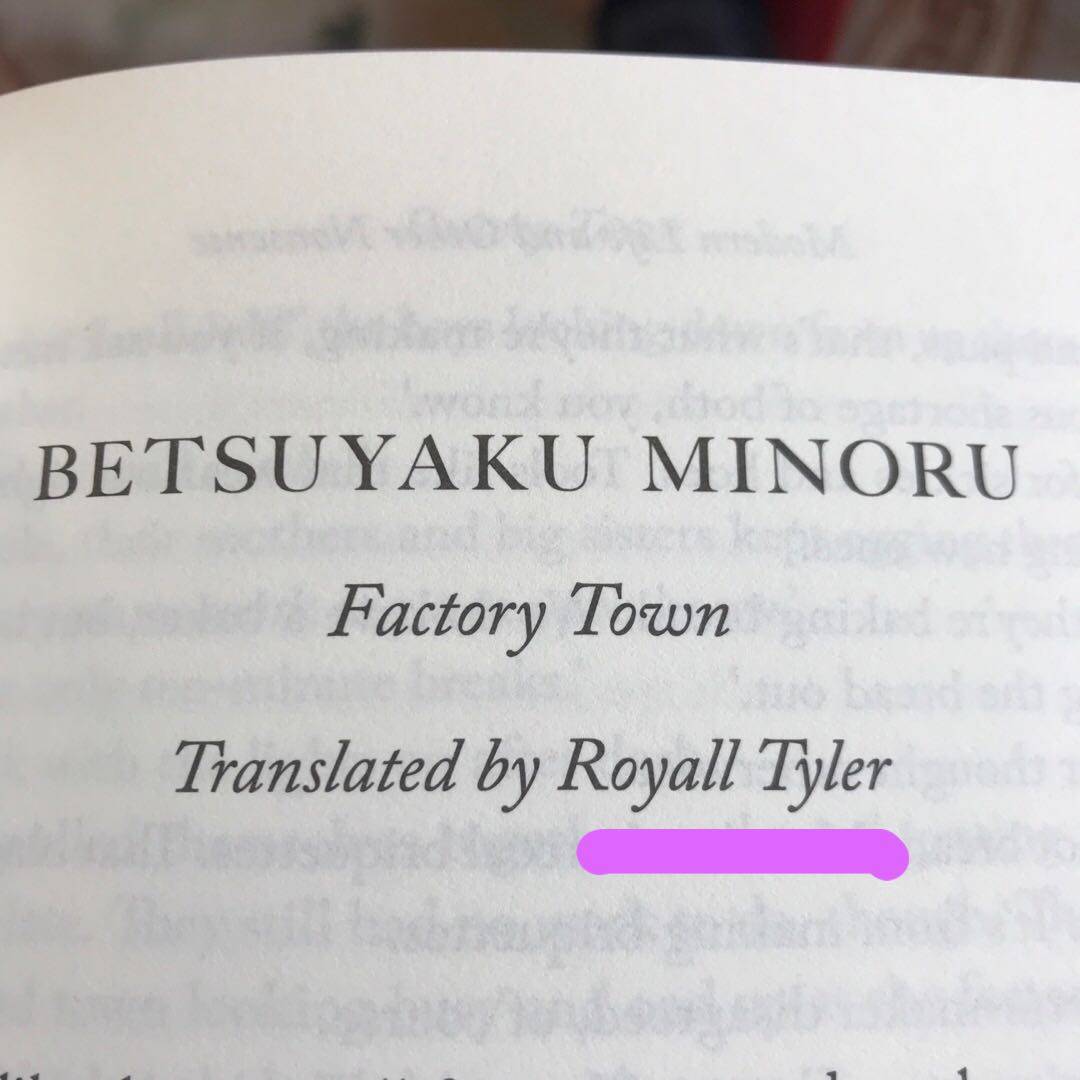
Royall Tyler did one of the translations of The Tale of Genji. #Genjionmymind while I read contemporary Japanese stories.

There are editors who stand as beacons to light the way for writers to follow. And others who lash their wrists to those of their writers to lead them like sightless runners in a long-distance race. The role that I took upon myself, I must confess, was far less ambitious. My chief fear was that I would become a hindrance to my writers‘ work. Sometimes that scared me even more than the thought of a misprint on the cover. -Yoko Ogawa
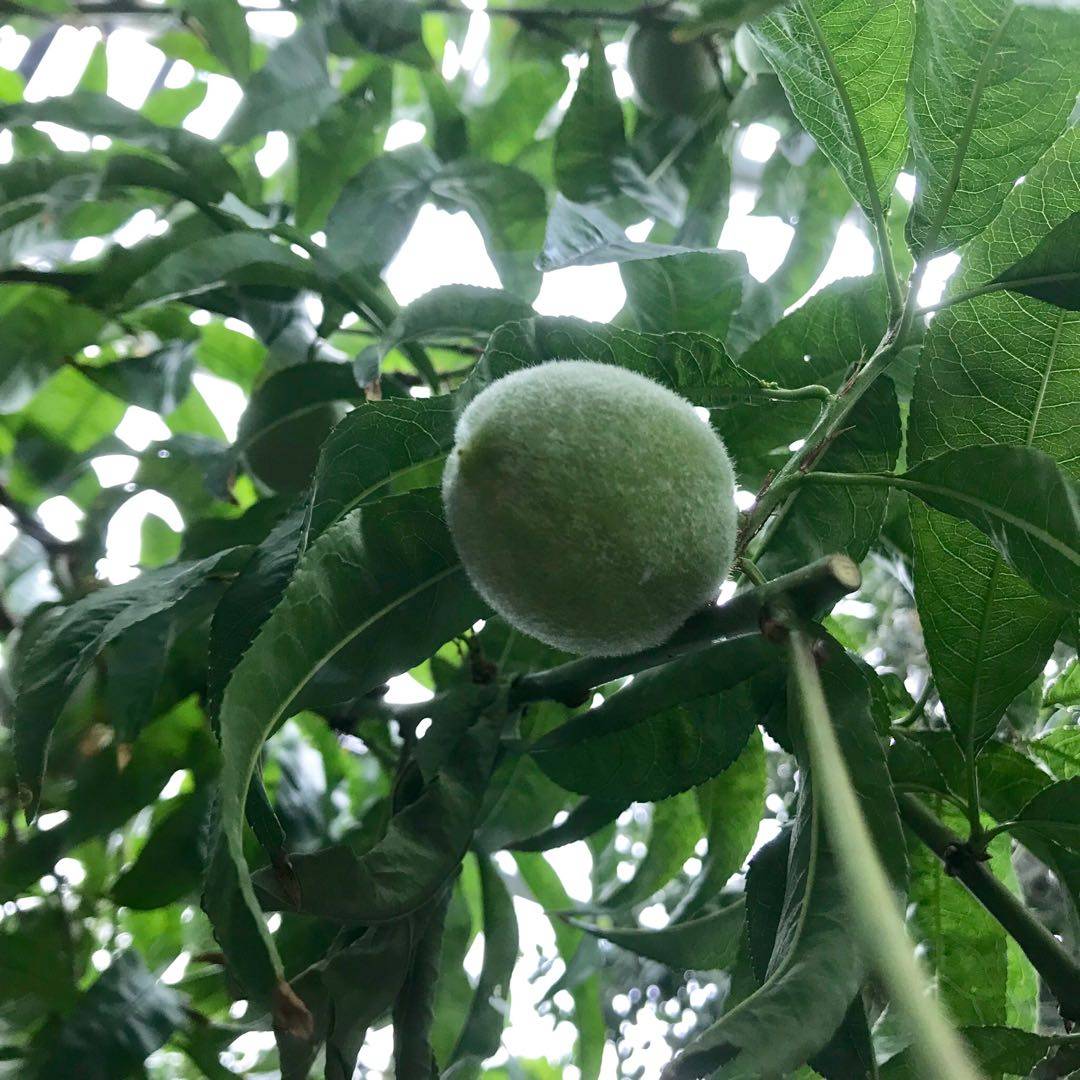
While my father was away, my mother had part of the lawn dug up and four peach trees planted. They were mature trees and bore fruit the following year—in such numbers that my mother had to spend many evenings tearing up old copies of her ladies magazines and pasting the pages together to make covers for the still-green peaches. Every summer through the war years and after, we had more peaches than we could eat. –Akira Abe
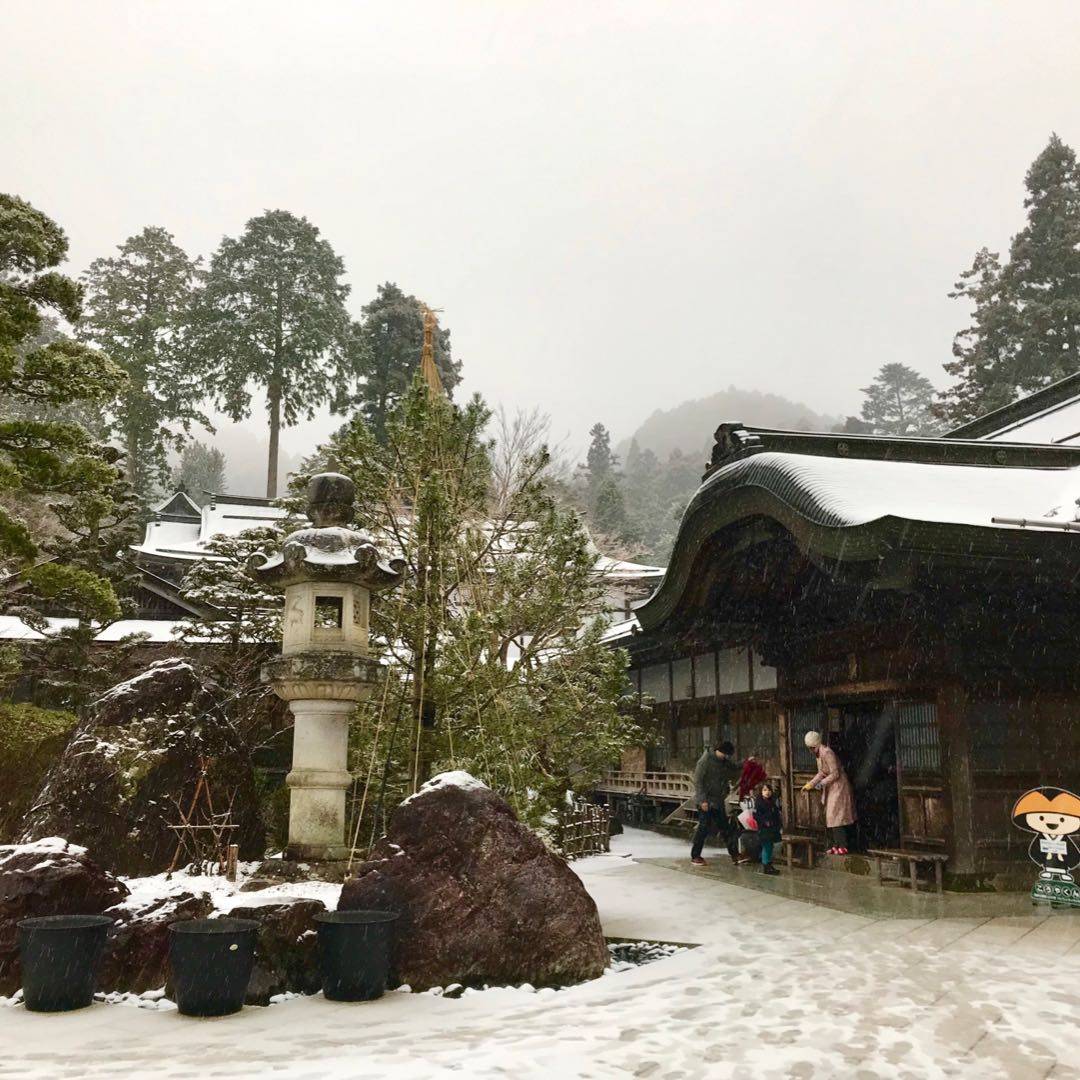
A modern colloquial version of an ancient tale is “dictated by the toothless professor through slackened lips, narrating slowly but almost without pause, like a silkworm spitting out thread.” [-Fumiko Enchi, A Bond for Two Lifetimes] It‘s about a Buddhist priest dug up & returned to life after he went into a death trance. It reminded me of my visit to Koyasan last year, where founder Kobo Daishi is said to still be in a trance since the year 835.

“The old women of the alleyway* […]
*In the unique fictional world of Nakagami Kenji, those who live in ‘the alleyway‘ are members of Japan‘s outcaste Burakumin, the ‘people of the village‘ historically linked with jobs that were considered defiling or demeaning: leatherworker, undertaker, slaughterer, shoemaker.”
In another example of book synchronicity, the first time I ever heard of Burakumin was just last week, in Chronin by Alison Wilgus.
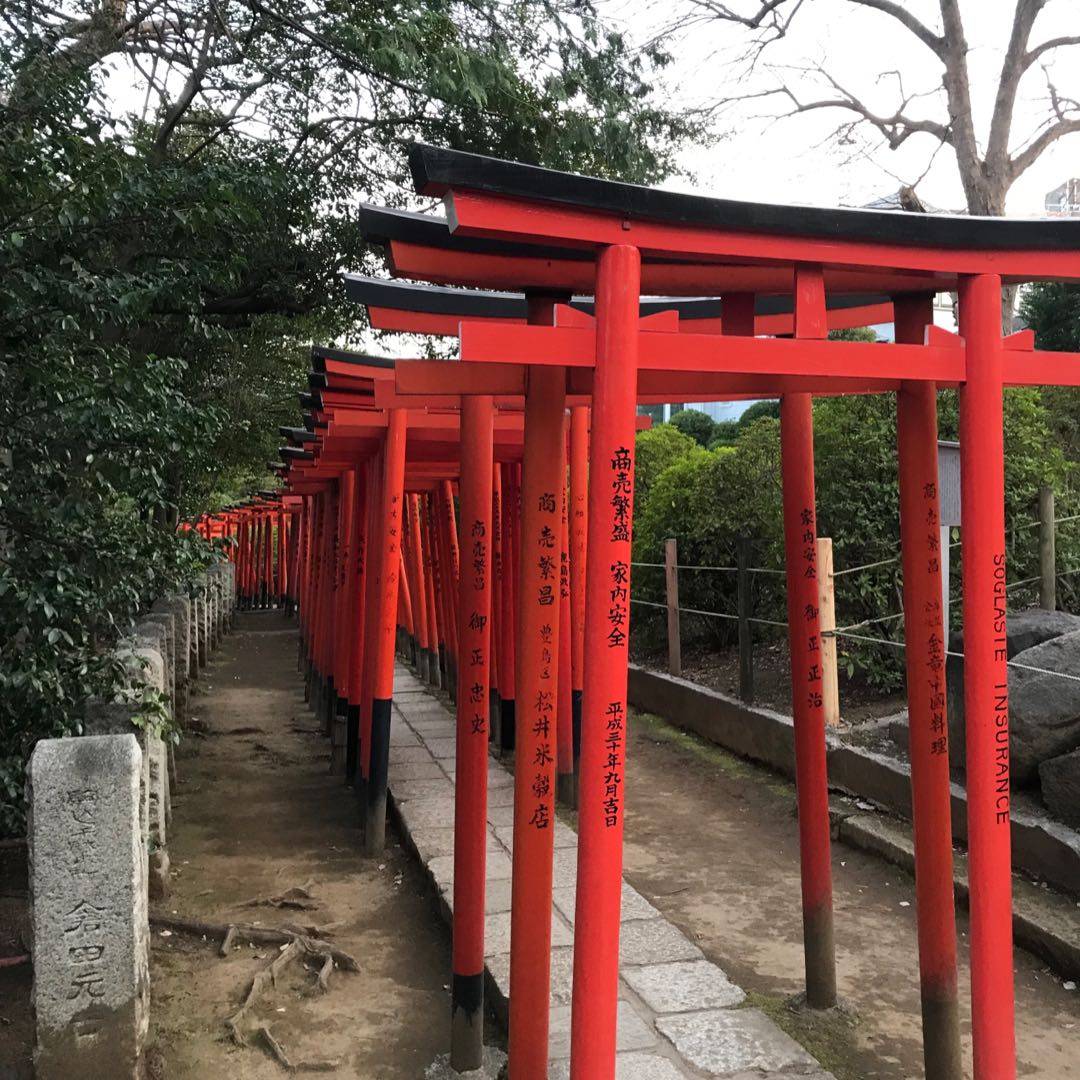
I turned to my father and said, “There is nothing for me to do in this world. Please think of me as mad or crippled, and do not press me to live up to normal worldly expectations.”
—Kafū Nagai
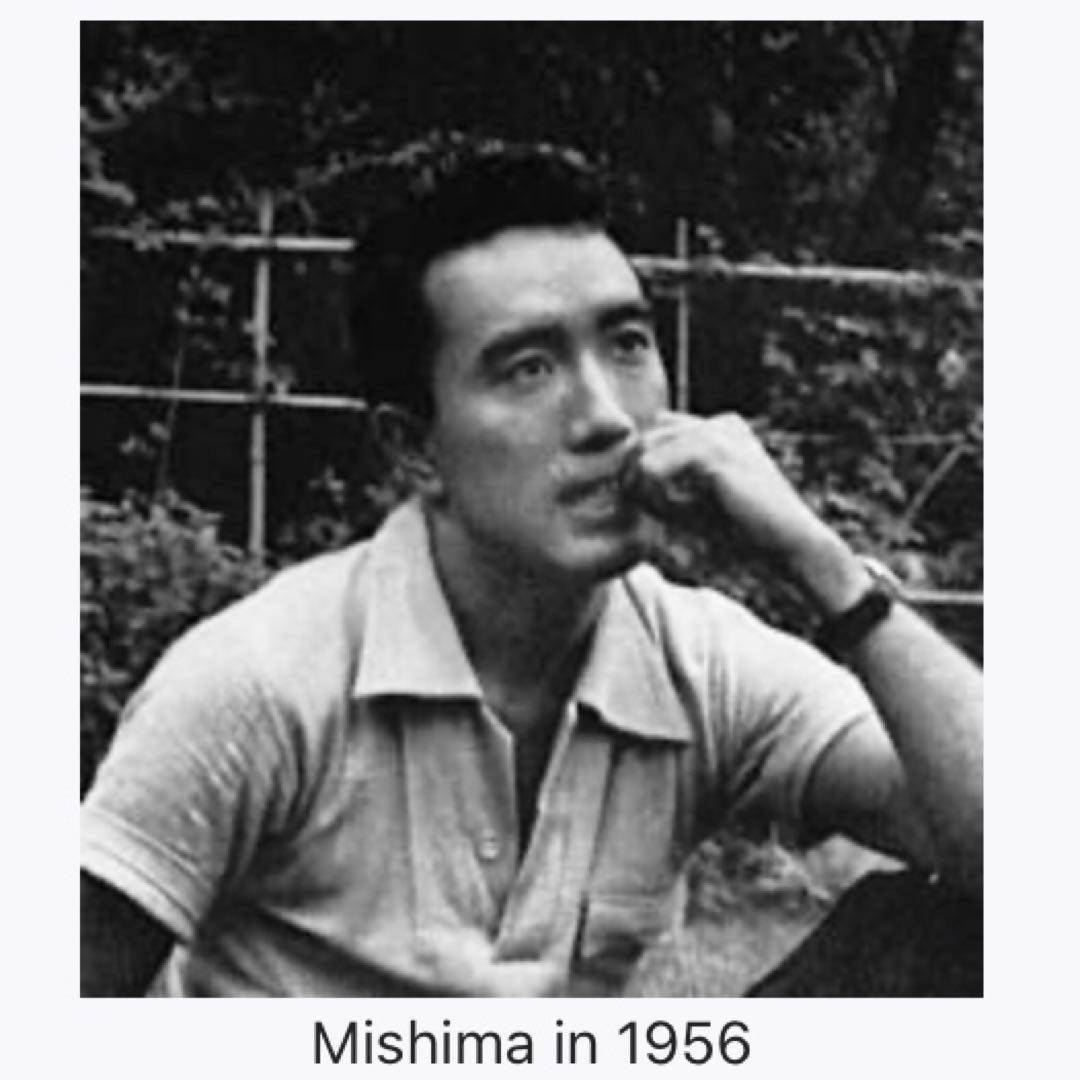
‘Patriotism,‘ the story by Yukio Mishima in the tagged collection, is profoundly disturbing because it romanticizes & eroticizes suicide, & describes the act of seppuku in bloody detail. Knowing that the author later died of ritual suicide added to my feelings of dismay, horror & revulsion as I read lines like: “There was a certain elegance, he felt, in the association of death with this radiantly healthy face.”
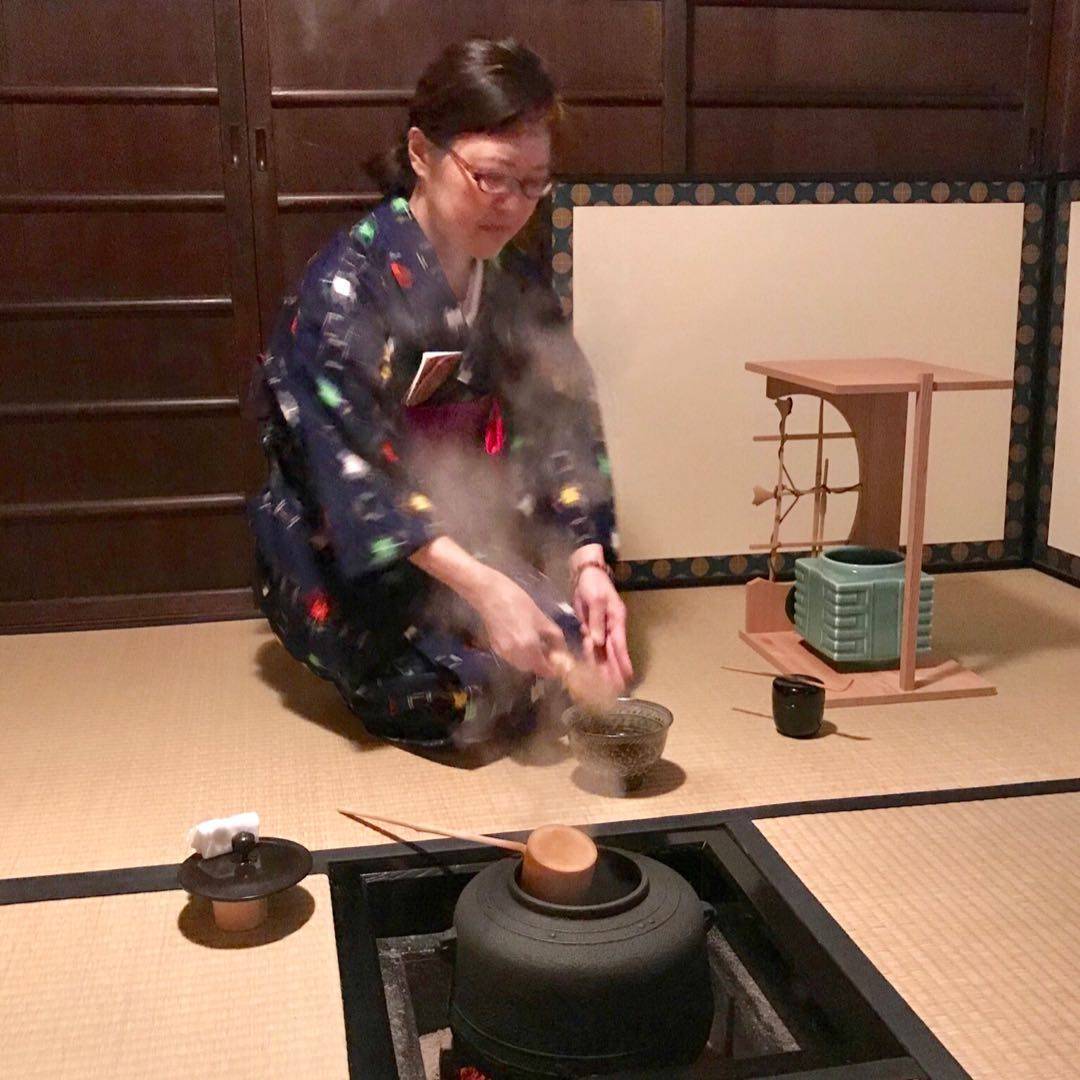
If we looked at everything with an eye to its utility there would be nothing left to value in the world, he said. What is more, he immediately kindled a piece of the wood I had brought back. It was of rare quality and he named it ‘Hatsune,‘ or first song, from the ancient verse ‘Each time we hear the cuckoo cry it sounds so new, always singing its first song.‘
—Ōgai Mori
[The sentiment is reminiscent of The Tale of #Genji, don‘t you think?]
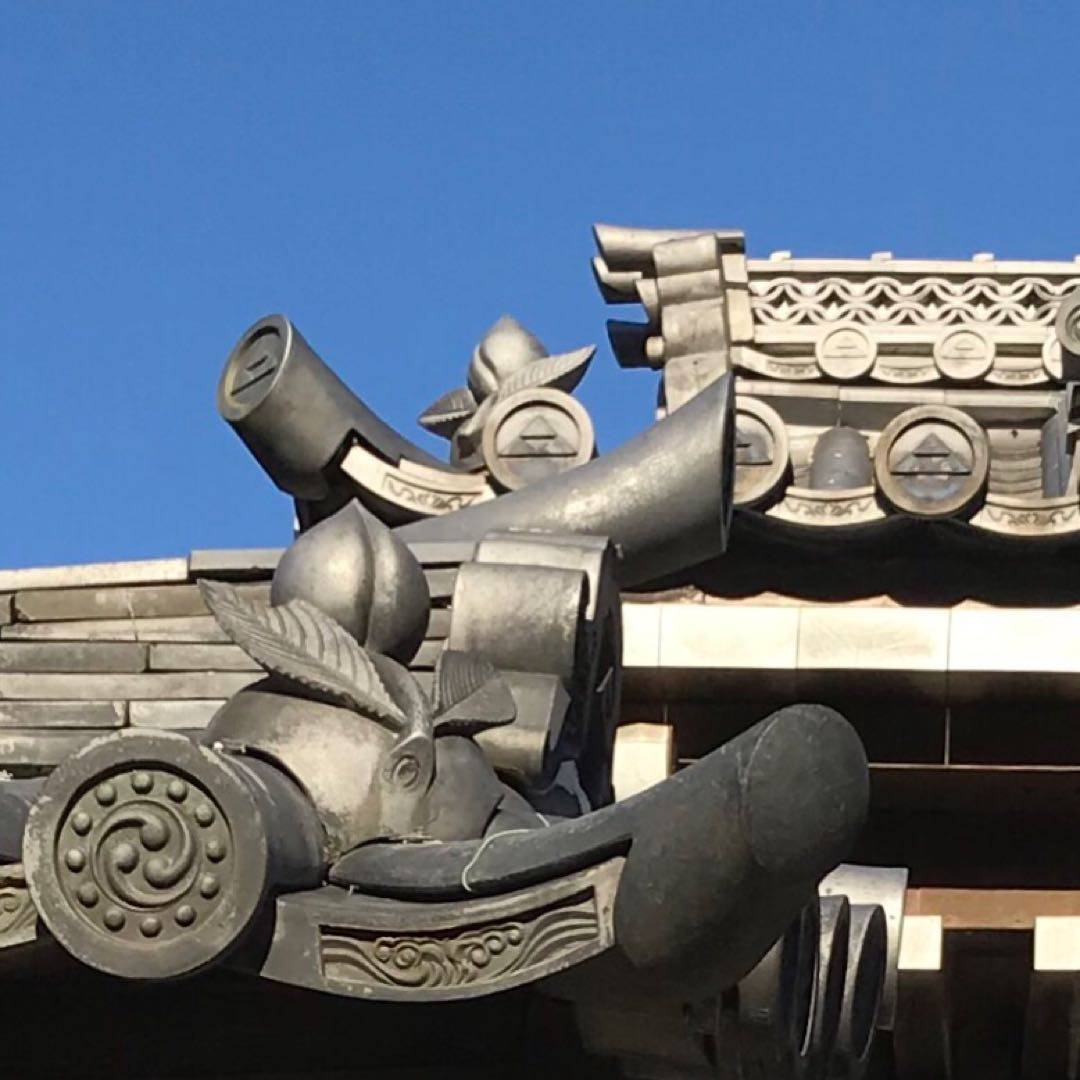
…he could well understand why the Taoists had chosen the peach as the fruit of immortality. Mountain ascetics were supposed to live forever on some ethereal essence, and peaches probably came closer to that than anything else. They had a mystifying sort of taste.
—Sōseki Natsume

…but the white-flowered bush clovers are already past their peak and bow to the ground like the dishevelled tresses of a woman who has thrown herself down in tears, flowing towards my feet upon the gazebo‘s paving stones. —Behind the Prison, Kafu Nagai, #translation by Jay Rubin
(Internet photo)
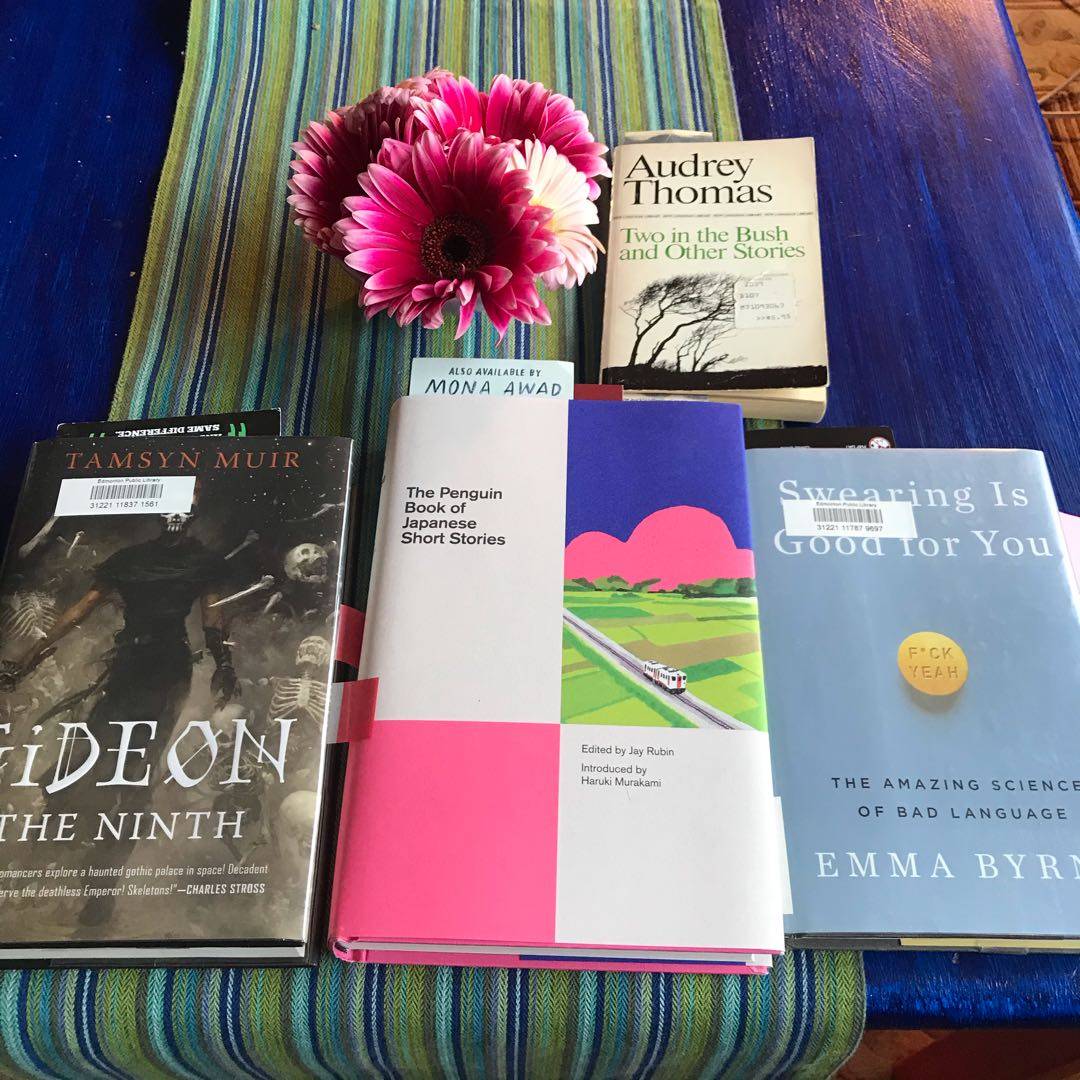
My one-short-story-a-day-in-December plan has already gone awry. Yesterday I started the tagged collection by reading Murakami‘s introduction, then the first story… but the intro is over 20 pages long & the first story (by Junichiro Tanazaki) is 61 pages long, so I haven‘t finished it yet. Meanwhile, I realized I need to read the Feminist Book Club selection in time for Sunday, so that‘s now underway, plus I‘m caught up in Gideon the Ninth.
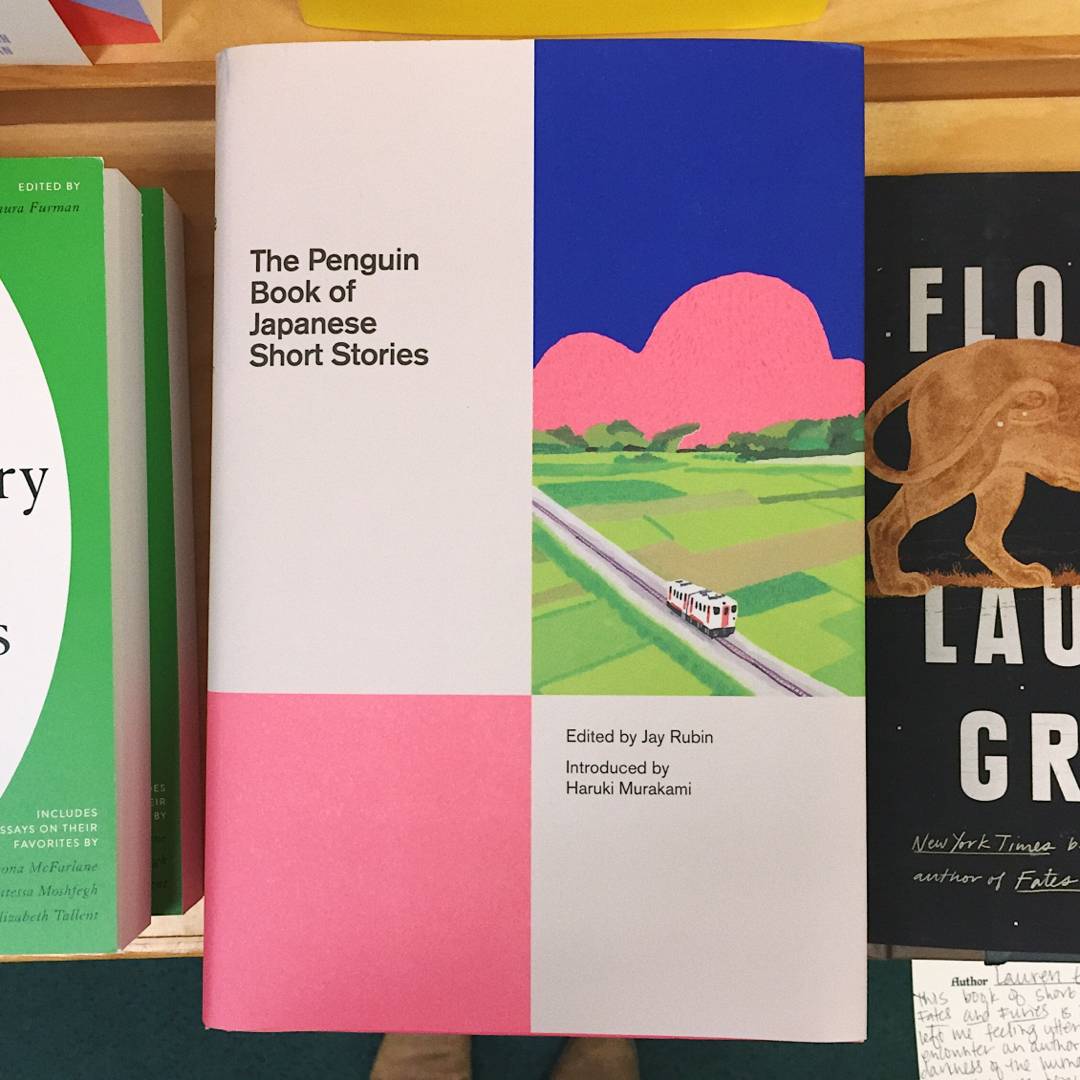
Christmas present for my husband who is not much of a reader these days. He also asked me for a list of 10 books to read, which felt more like a present for me than for him. 🥰 #bookseller4life
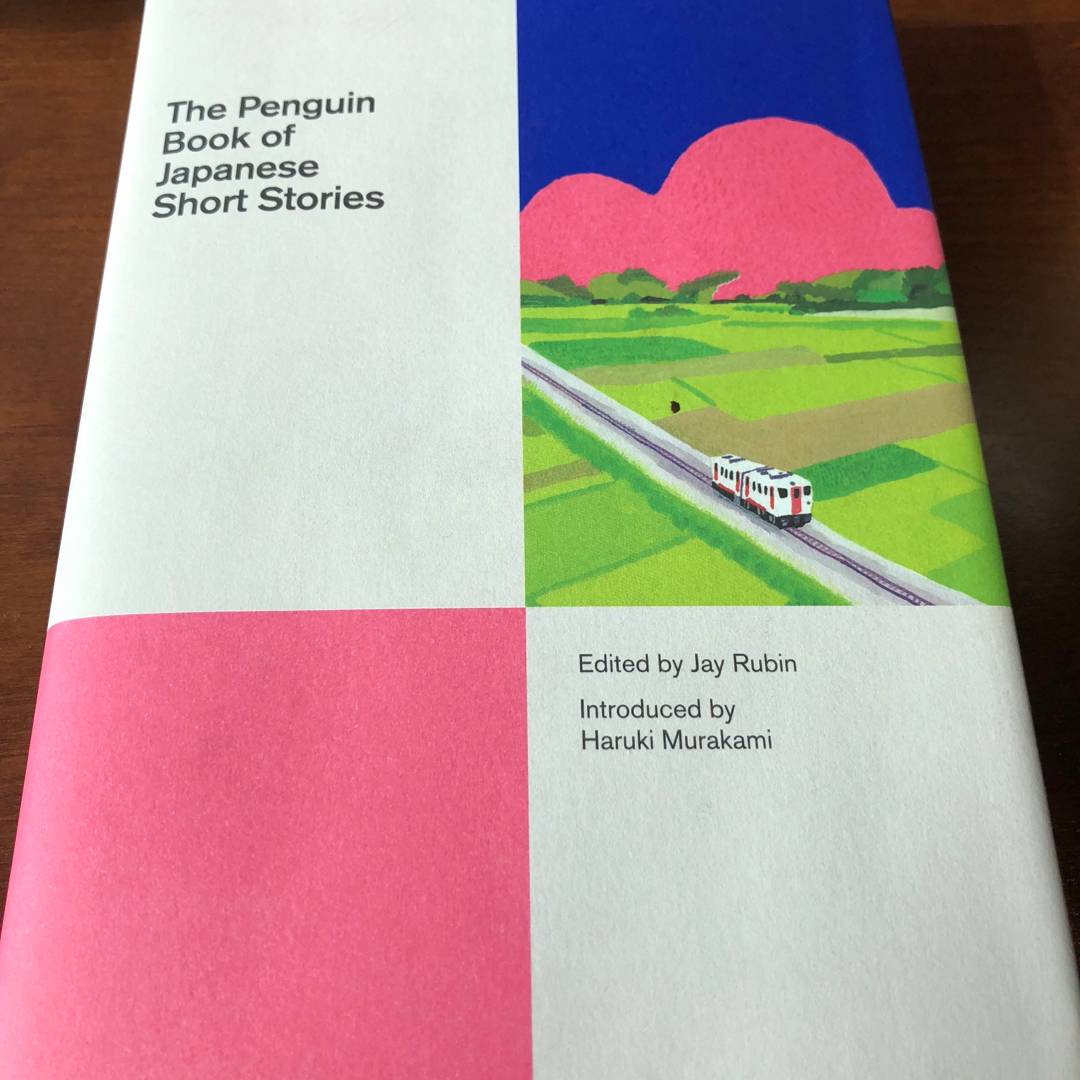
@Desha this might interest you 😊
The list of contributors is stellar (Akutagawa, Tanizaki, Kawabata, Natsume, Murakami, etc.) It also includes the brilliant short story “Patriotism” by Yukio Mishima, one of my all time favorites.